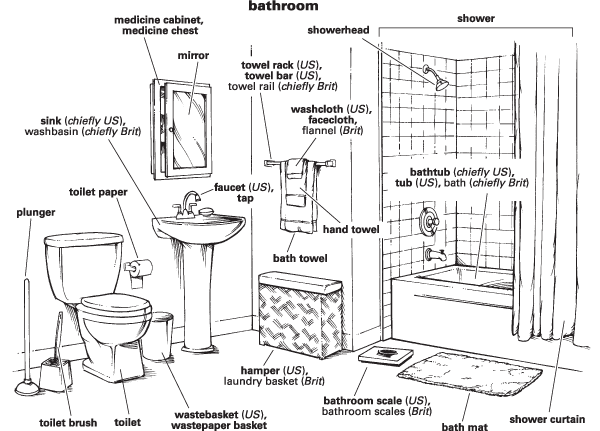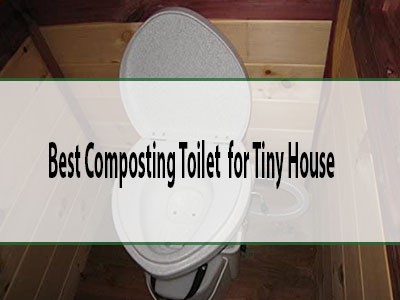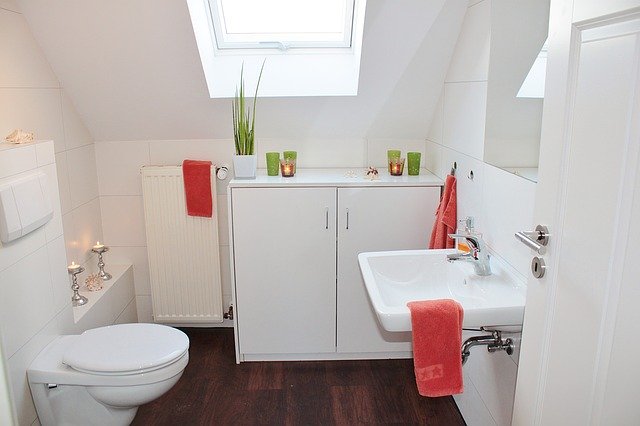Have you ever stopped to think about the word “toilet” and its meaning in English? It’s a term we use every day, yet its origins and full significance might surprise you.
Understanding what “toilet” truly means can change the way you see this commonplace fixture in your home. Imagine having a deeper insight into a word you use so often. By the end of this article, you’ll not only know its definition, but you’ll also uncover fascinating tidbits about its history and usage.
Let’s dive into the story behind this essential part of your daily life. You might just find that what seems ordinary is actually quite extraordinary.
Table of Contents
Etymology Of Toilet
The word “toilet” has an interesting past. It comes from the French word “toilette.” This means a small cloth or a dressing table. In old times, people used “toilet” for their grooming routine. Grooming included washing, dressing, and taking care of oneself. Over time, the meaning changed. It started to mean the place where grooming took place.
People began using “toilet” for the room with a bathroom. This room had a basin, mirror, and sometimes a tub. Later, the toilet became the word for the fixture we use today. The meaning changed with the needs of society. It’s interesting how words change over time.
Toilet In Historical Context
The word “toilet” has an interesting history. In the early days, it referred to personal grooming. People used it to mean dressing or preparing oneself. There was no link to bathrooms or restrooms then.
Over time, the word evolved. It slowly began to be linked with places for personal needs. This shift happened as privacy became more valued.
The meaning of “toilet” changed gradually. It moved from personal grooming to sanitation. As plumbing improved, toilets became common in homes.
Modern toilets are now essential. Their role is clear and important in daily life. They provide privacy and hygiene. The word “toilet” is now widely understood. It represents a place for personal care.
Cultural Variations
The word “toilet” has different meanings. In British English, it means the room. This room is where the toilet is found. It can also mean the fixture itself. In American English, the word “bathroom” is more common. It often means the room with a toilet and sink. Sometimes, it also includes a shower or bath. This difference can confuse travelers. They might not find the right room. Knowing these terms helps in travel.
Around the world, people use different words for toilet. In France, it is called “toilettes.” In Spain, it is “baño.” Japan uses the word “benjo.” In Italy, it is “gabinetto.” Each culture has its own terms. These words can sound strange or funny. Learning them is helpful when visiting other countries. Knowing local words can make travel easier. It can help in finding restrooms quickly. Understanding these differences is important.

Credit: en.wikipedia.org
Toilet In Modern Usage
In modern language, toilet has many synonyms. People often say restroom or bathroom. Some say lavatory, which sounds formal. Washroom is another term. It’s used in public places. Powder room is a fancy term. It is used in homes.
The word toilet can mean more than a place. It is a private space. People use it for personal time. It’s part of daily life. Not just for cleaning. It’s linked to hygiene and health. A clean toilet shows care. A dirty one may cause sickness. So, keeping it clean is very important.
Impact On Language And Society
The word “toilet” has shaped many expressions. People say “get off the toilet” when someone takes too long to decide. It means stop waiting and take action. Another phrase is “toilet humor,” which refers to jokes about bathrooms or bodily functions. These expressions show how the word has entered our everyday speech. They make our language colorful and fun. Over time, more such phrases might appear. Language keeps changing with new words and ideas.
Knowing how to use a toilet is crucial. It shows respect for others. In public places, people expect you to keep the toilet clean. Leave it as you found it. This is part of good manners. In some cultures, there are special rules. For example, always put the seat down after use. These small acts can make a big difference. They show you care about others. Following these rules is important for everyone.
Credit: en.wikipedia.org

Credit: www.britannica.com
Frequently Asked Questions
What Does Toilet Mean In British English?
In British English, “toilet” refers to a room containing a toilet seat. It may also include a sink for washing hands. The term “loo” is commonly used as a synonym. Unlike American English, it does not usually refer to the fixture itself.
Why Is A Toilet Called A Toilet?
The word “toilet” originates from the French term “toilette,” meaning dressing room. Over time, its meaning shifted to refer specifically to the lavatory. The evolution reflects changes in sanitation practices and architectural design through history.
Is Toilet Same As Bathroom?
In many contexts, “toilet” and “bathroom” are used interchangeably. However, a bathroom usually includes a bath or shower. A toilet refers specifically to the fixture and sometimes the room housing it.
What Is The History Of The Toilet?
Toilets have evolved from simple pits to sophisticated sanitation systems. Early toilets date back to ancient civilizations like Mesopotamia. Modern flush toilets were invented in the 19th century, revolutionizing hygiene practices globally.
Conclusion
The word “toilet” carries a rich history. It evolved over time. In modern English, it means a place for sanitation. Often, it refers to the fixture itself. From its roots, it shows cultural shifts. Understanding this term connects us to our past.
It’s a common word today. But its meaning changed greatly throughout history. Language reflects society’s needs and habits. Exploring words like “toilet” reveals fascinating stories. It enhances our grasp of English. This journey through language deepens our knowledge. It helps us communicate better.
Simple words hold powerful meanings.






